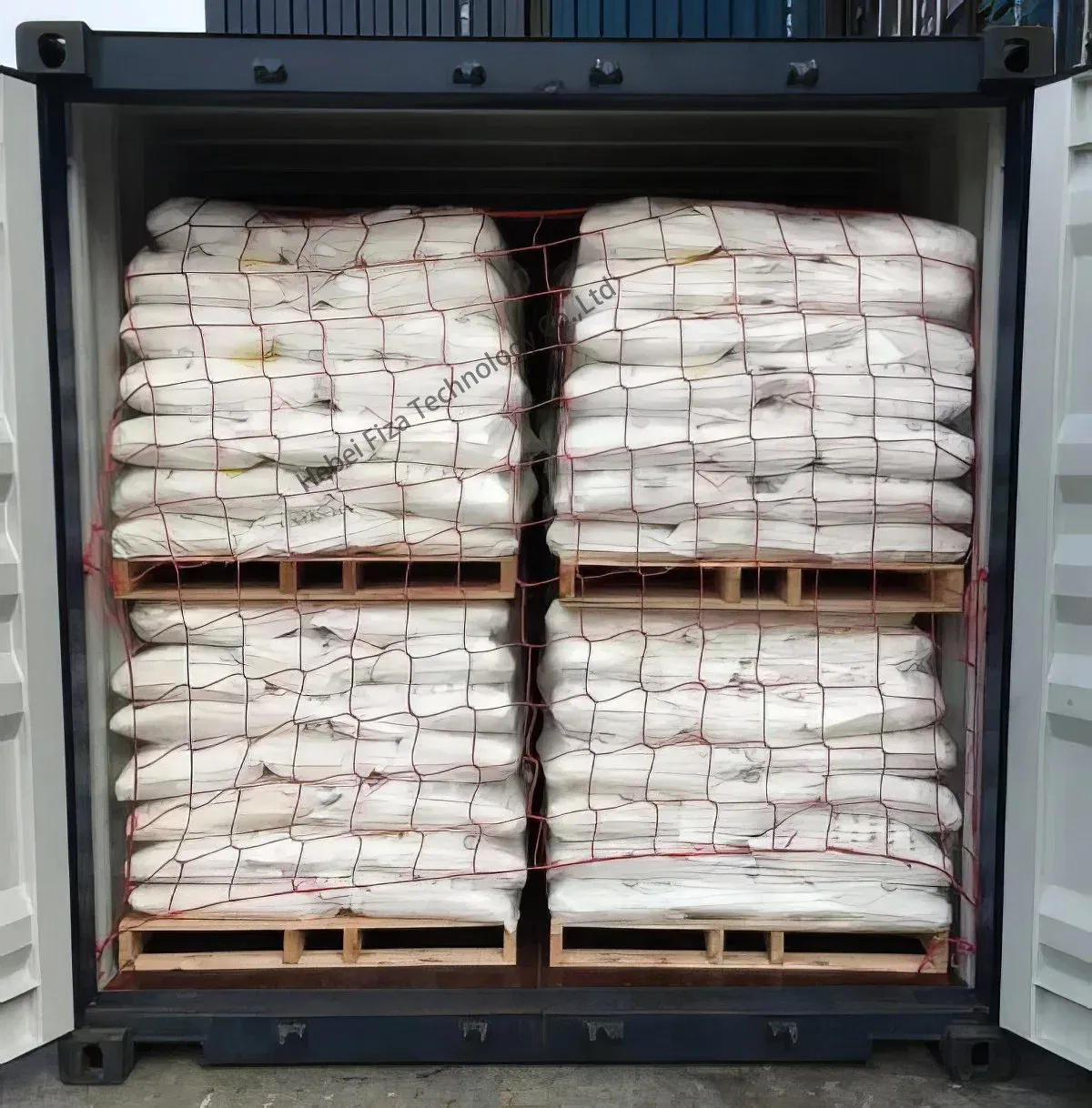



swimming pool water treatment plant cost
The Cost of Swimming Pool Water Treatment Plants An In-Depth Analysis
Swimming pools are a beloved feature for many homeowners, offering a refreshing escape and an avenue for recreation and relaxation. However, maintaining a clean and safe swimming environment goes beyond regular cleaning and maintenance; it requires a robust water treatment system. This not only ensures the water is safe for swimming but also prolongs the life of the pool itself. In this article, we will explore the costs associated with swimming pool water treatment plants, the factors that influence these costs, and the potential return on investment for pool owners.
Understanding Swimming Pool Water Treatment Plants
A swimming pool water treatment plant typically comprises several components, including filtration systems, chemical dosing systems, and monitoring equipment. These systems work together to maintain water quality by removing impurities, balancing chemicals, and ensuring that the water is free of harmful pathogens.
Initial Costs
The initial investment in a swimming pool water treatment plant can vary significantly based on several factors. On average, homeowners can expect to invest anywhere from $10,000 to $50,000 for an in-ground pool water treatment system. Factors influencing the price include
1. Type of Pool The cost may differ between residential and commercial pools. Commercial pools often require more extensive systems to handle larger volumes of water and higher usage rates, which can significantly increase costs.
2. System Type There are various types of treatment systems available, including saltwater systems, UV sanitization, and traditional chlorine systems. While saltwater systems have a higher upfront cost, they often offer lower ongoing maintenance costs, reducing long-term expenses.
3. Size of the Pool Larger pools require more substantial systems to manage water quality effectively. The pool's size directly correlates to the system's capacity and, therefore, its initial cost.
4. Location The geographical location can also affect costs due to differences in labor rates, local regulations, and climate conditions, which may require specific systems for optimal performance.
swimming pool water treatment plant cost

Ongoing Costs
Beyond the initial investment, ongoing costs encompass maintenance, chemicals, and potential repairs or upgrades. These costs can range from a few hundred to several thousand dollars annually, depending on usage and maintenance levels. Key ongoing expenses include
1. Chemical Costs Maintaining proper chemical balances in pool water is crucial for safety and comfort. This includes chlorine, pH balancers, algaecides, and other treatment agents. Depending on the pool size and type, chemical costs can add up, often ranging from $200 to $600 per season.
2. Energy Use Water treatment systems require energy to operate pumps, filters, and heaters. Homeowners should factor in the energy costs associated with these systems into their regular utility bills.
3. Maintenance and Repairs Regular maintenance is vital for extending the lifespan of water treatment systems. This includes cleaning filters, checking chemical levels, and inspecting for equipment failures. Homeowners might expect to spend several hundred dollars each year on maintenance services, which can increase if significant repairs are needed.
Return on Investment
Investing in a quality swimming pool water treatment plant can offer substantial benefits. The primary return on investment comes from enhanced water quality, which increases the safety and enjoyment of the swimming experience. A properly treated pool requires less frequent draining and refilling, preserving water and reducing overall usage costs.
Moreover, a well-maintained pool can significantly enhance the value of a property. Potential buyers are more likely to be attracted to a home with a safe, clean, and efficiently managed pool. Therefore, investing in suitable water treatment systems can not only protect the health of swimmers but also bolster property resale value.
Conclusion
In conclusion, while the initial and ongoing costs associated with swimming pool water treatment plants may appear significant, they are essential investments for maintaining water quality, ensuring safety, and enhancing property value. By understanding the various factors that contribute to these costs and recognizing the potential benefits, homeowners can make informed decisions regarding the best water treatment options for their pools. Ultimately, the goal is to create a safe, clean, and enjoyable swimming environment that can be cherished for years to come.
-
Why Sodium Persulfate Is Everywhere NowNewsJul.07,2025
-
Why Polyacrylamide Is in High DemandNewsJul.07,2025
-
Understanding Paint Chemicals and Their ApplicationsNewsJul.07,2025
-
Smart Use Of Mining ChemicalsNewsJul.07,2025
-
Practical Uses of Potassium MonopersulfateNewsJul.07,2025
-
Agrochemicals In Real FarmingNewsJul.07,2025
-
Sodium Chlorite Hot UsesNewsJul.01,2025










